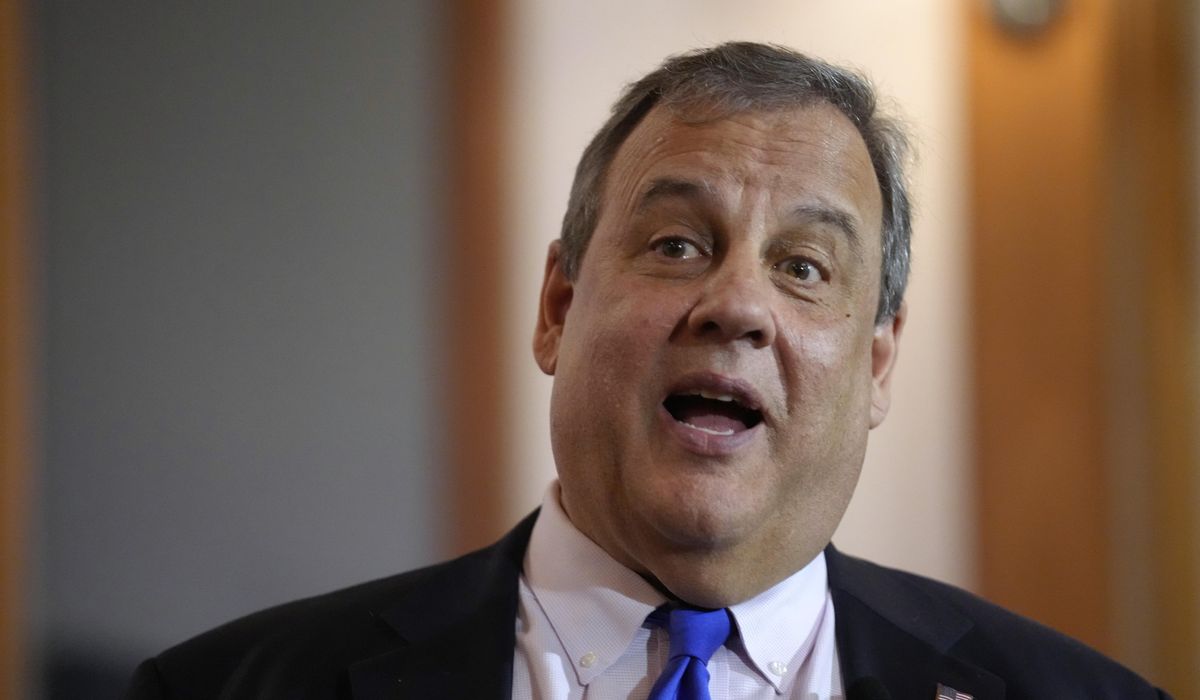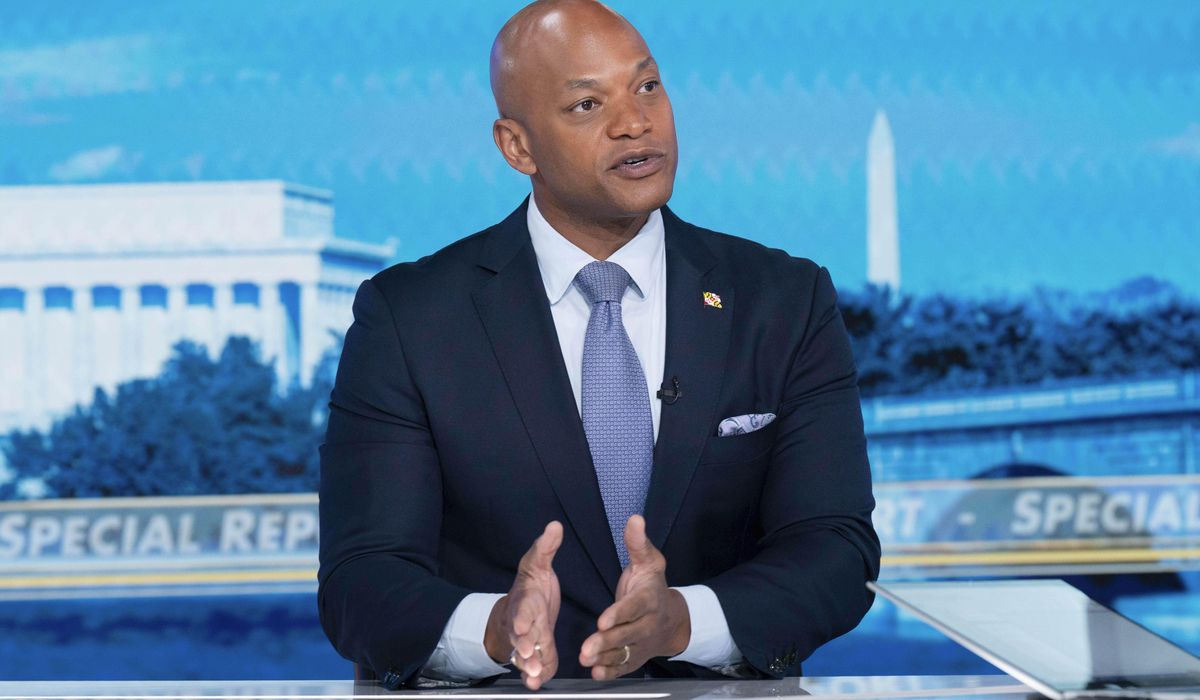ARTICLE AD BOX
Two months after the Department of Government Efficiency closed the offices of the U.S. Institute of Peace and fired nearly all of its employees, its diplomatic experts are saying the world and the U.S. will feel its absence.
Before the shutdown in mid-March, USIP employees met with foreign leaders, diplomats and policymakers to discuss peace processes in various nations.
Sasha Pippenger was the director of USIP’s peace processes team before being fired by DOGE in March. She said USIP provided quiet support for international peace negotiations that the State Department could not, improving global stability and bolstering American soft power.
“We thought of USIP like an overflow reservoir of knowledge. If you think of my team, it wouldn’t make sense for the State Department to employ a ton of ceasefire experts on full payroll all the time because ceasefires are not so common that it’s coming up every single day for them,” Ms. Pippenger said in an interview with The Washington Times. “Whereas, if you have a USIP, you have an overflow in the occasional instance where the U.S. needs to engage directly in ceasefire talks. Then they know that even if they don’t keep that person on payroll 24/7 at the state department, they can come to a place like USIP and get that sort of specific task or expertise.”
Ms. Pippenger added that, without USIP, malicious state actors from U.S. rivals like China and Russia will have the upper hand in places like Africa, South America and the Middle East.
“One of the things you’ve seen in the last two decades is the fact that China and Russia have come to a lot of these countries with a value proposition that these countries find more attractive than the American foreign policy value proposition,” Ms. Pippenger said. “We are being outbid in that market, in my view, by China and Russia. And one place where I do think the United States had some credibility was the strength of America’s leadership in the world and that the United States was a credible actor in helping to resolve conflicts.”
Scott Worden, who was the director of USIP’s Afghanistan and Central Asia program, added that the agency’s closure could be a gift to Beijing in the Middle East, where China has been heavily investing for years through its Belt and Road initiative.
“China has made massive infrastructure investments in Pakistan and has increased investment on infrastructure, trade and energy in Central Asia,” Mr. Worden told The Times. “And Afghanistan would help them link the two. When it comes to connectivity across China’s sphere of influence, and exploiting rare earth elements, which are in abundance in Afghanistan but haven’t been mined, China is trying to consolidate its hold on the region.”
According to Mr. Worden, USIP staff worked with Afghan citizens and political leaders to limit human rights abuses and terror proliferation under the Taliban-led government after the fall of Kabul in 2021. He added that USIP’s efforts to stabilize the region often cost far less and were more effective than actions taken by U.S. government agencies.
“We could interact and engage with Afghans on a daily basis, spend quality time, visit field projects, and understand fundamentally what was going on and identify solutions and ways to promote America’s interest, chiefly among them, making it more secure,” Mr. Worden explained. “The scale of investment is orders of magnitude different between USIP’s lean and efficient operation and what the U.S. government has to do to satisfy all of its bureaucratic rules and regulations.”
The institute’s work stopped following DOGE’s takeover of USIP’s Washington headquarters on March 17. After dismissing most of the institute’s board, DOGE’s Nate Cavanaugh was appointed president of USIP and moved to fire nearly all the staff. Additionally, he ordered the transfer of USIP’s assets to the General Services Administration, an arm of the executive branch.
The White House said the dismantling of USIP was consistent with President Trump’s February executive order targeting independent agencies, which he argued had to be reined in. According to the Justice Department, the White House and DOGE have oversight over USIP because the institute performs executive functions and receives significant federal funding.
USIP was established as an independent agency by an act of Congress in 1984. Attorneys for USIP assert that the organization’s independent agency status means the president and DOGE lack the power to dissolve it.
Lawyers for USIP sought to block the asset transfer and mass firings in court, but U.S. District Court Judge Beryl Howell ruled against them, waiting to see how the matter plays out in court. The DOJ and USIP are awaiting a possible final ruling on the case at a May 14 hearing.
USIP lawyers are confident they will win on the merits, but staffers doubt the institute will fully recover its former standing. Ex-employees say the agency’s stability has been shattered due to the DOGE takeover, making it difficult to rebuild relationships. Diplomatic partners and former employees may be wary, they said, to work with the institute if its future is uncertain.
Additionally, even if USIP wins in court, Congress could eliminate the institute’s federal funding in the upcoming budget.

 3 months ago
167
3 months ago
167








 English (US) ·
English (US) ·